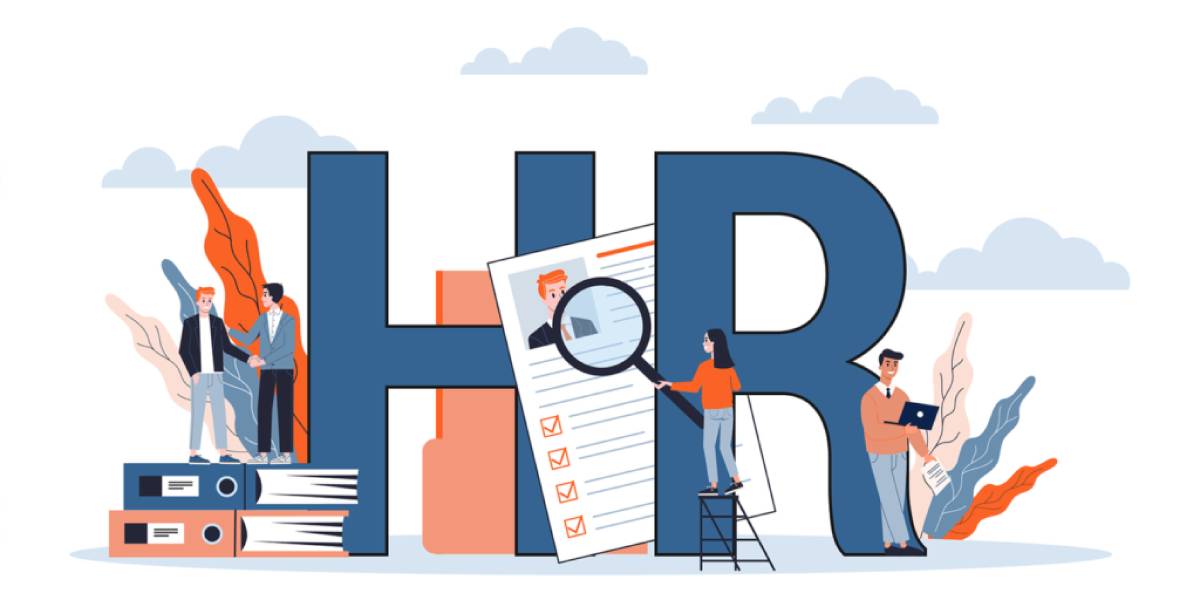A credit voucher is a form of monetary bonus or incentive given to employees. It can be understood as a ‘coupon’ that can be used within the company or at designated external vendors for various purposes, from purchasing company products at a discount to enjoying a fully paid company benefit, such as a gym membership or professional development course.
HR credit vouchers serve as versatile tools. They are distributed to employees as a form of reward for excellent performance, a motivational boost during high-pressure periods, or a token of appreciation for employees’ continuous contributions to the company.
Purpose and Benefits of Credit Vouchers in HR
- Employee Recognition and Rewards: HR may introduce the credit voucher program as part of the recognition scheme for employees. Take, for instance, the case where employees who surpass their assigned performance targets or exhibit exceptional teamwork are awarded credit vouchers that can be exchanged for different products or services, e.g., gift cards, dine-in experience, or travel vouchers.
- Professional Development Reimbursement: A lot of companies have credit vouchers to help employees advance their professional development. HR can offer vouchers that cover the costs related to participation in the conferences, workshops, or training courses, which are of interest to the employees in their role or career. Vouchers with the employee’s credit could also be submitted together with the receipts for reimbursement of the expenses.
- Wellness Benefits: HR departments might provide vouchers for credits as part of a wellness program to let staff see the value of their health and well-being. Vouchers might become tickets to fitness classes, workshops on well-being, or even special offers on gym memberships or meal delivery services.
- Flexible Benefits: Some employers allow the employees to decide for themselves for which purpose the benefits allowance will be used. They can thus customize their compensation package according to their personal needs and preferences. HR might include credit vouchers among the allowance package, providing employees with the opportunity to choose from a wide variety of options such as more vacation days, childcare services, or contributions to their retirement savings accounts.
- Referral Programs: The HR department may launch a referral program in which employees are given credit vouchers for referring qualified applicants who have been ultimately hired by the company. This is an extra motivation for employees to be involved in the recruitment process and helps the company attract the best professionals with an employee referral.
Examples of Credit Voucher Implementation in HR
- Work Achievement Rewards: Upon finishing the project, the employees might be given credits which could be used to get discounts from different partners, such as the ones in the retail industry and the service providers.
- Wellness and Health Initiatives: Companies may provide credit vouchers that can be used by staff to buy spa treatments, yoga classes, or health-related workshops that will enhance their well-being.
- Employee Referral Program: When an employee can bring the candidate that is hired through a referral, they could be rewarded with a credit voucher as a token of appreciation for helping in the recruitment process.
- Anniversary Rewards: On a work anniversary, employees may be rewarded with a credit voucher to briefly express how much they are app reciated for their service to the company over the years.
- Learning and Development: Vouchers may be used for taking courses, and attending training programs or conferences, which will be invested directly in the professional development of the employees and organizations’ innovations.
Maintaining Effective Use of Credit Vouchers
- Clear Communication: HR departments should ensure that employees fully understand the purpose, value, and terms of use of credit vouchers. This includes providing detailed information on what expenses are eligible for reimbursement, any limitations or restrictions, and the process for redeeming vouchers.
- Frequent Reviews: Regularly assessing the impact of credit vouchers on employee morale and productivity is essential to ensure they are effectively meeting their intended goals. HR should periodically review usage patterns, employee feedback, and overall program effectiveness to make any necessary adjustments or improvements.
- Feedback Mechanism: Establishing a feedback system allows employees to share their experiences with credit voucher redemptions and provide suggestions for improvement. This could involve surveys, focus groups, or one-on-one discussions to gather insights into what aspects of the program are working well and where there may be room for enhancement.
People also look for
What is a Key Responsibility Area (KRA)?
What is Job Role? Meaning & Definition
What is KSA? Meaning & Definition
Training and Development in HRM
FAQs
A credit voucher in HR is a financial instrument provided to employees as a form of incentive or reward. It typically carries monetary value and can be exchanged for goods, services, or benefits.
Typically, credit vouchers are meant for redemption of specific items or services and are not exchanged for cash. The terms are set by the issuer – the employer.
Taxation of credit vouchers depends on local tax regulations. Employers should provide clarity on whether they are taxable as employee income.
By providing a tangible reward for achievements, credit vouchers can boost morale and serve as a tool for encouragement and reinforcement.

